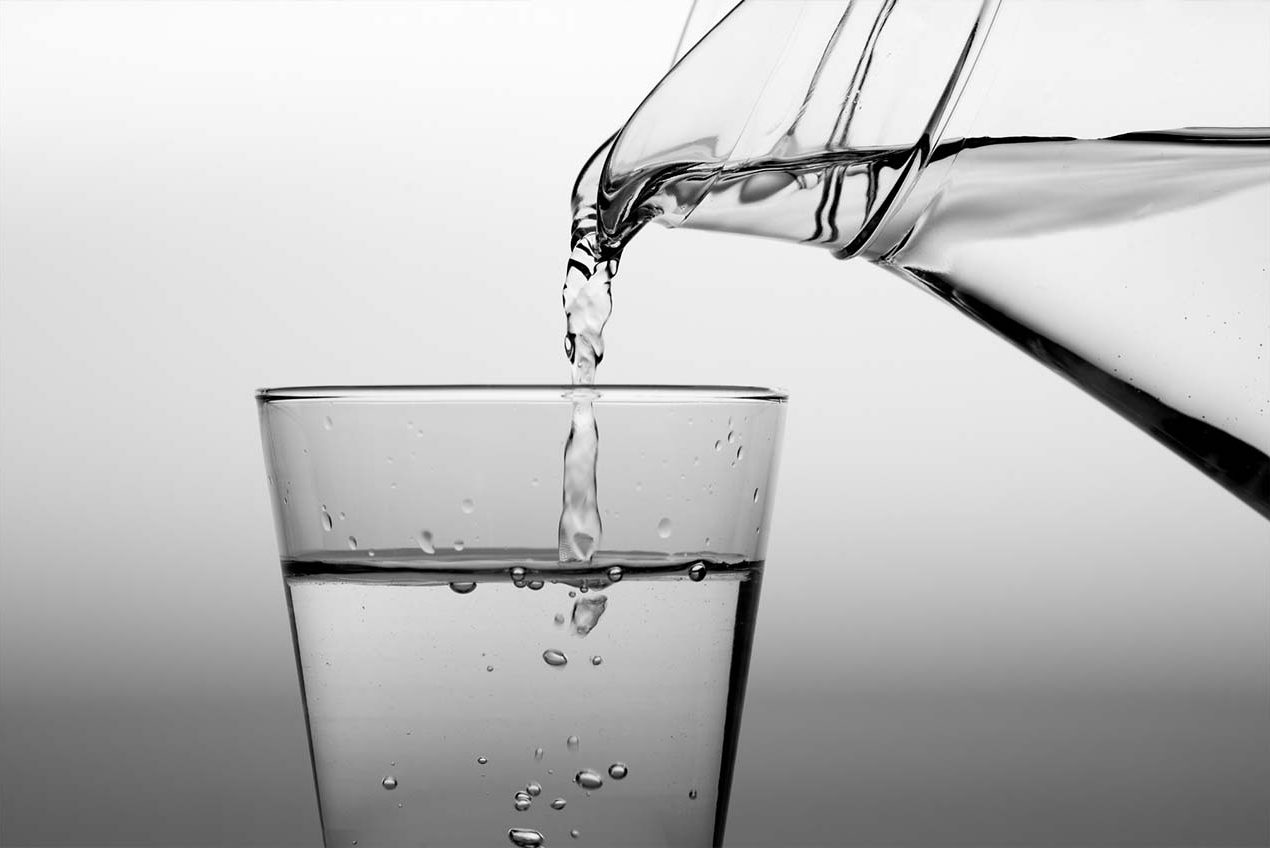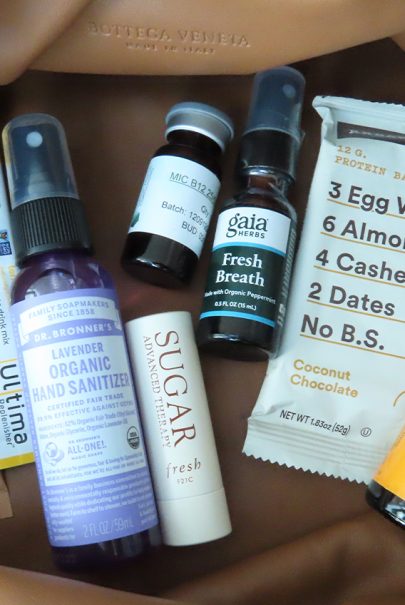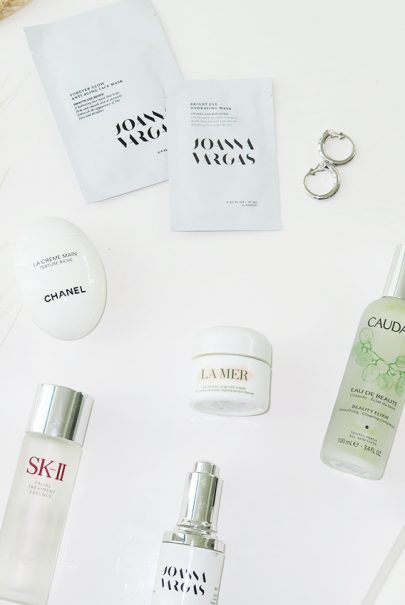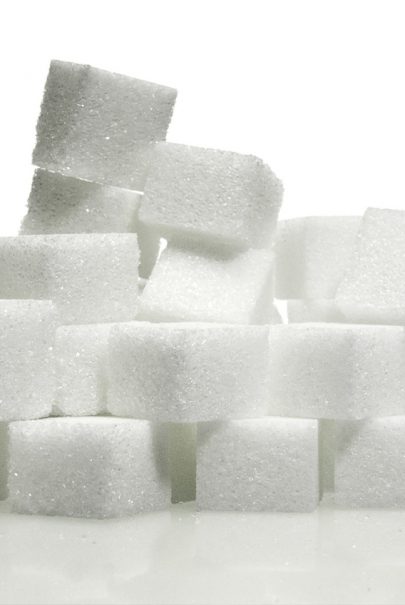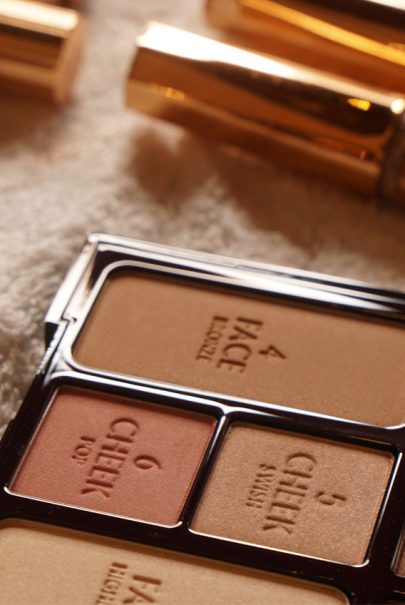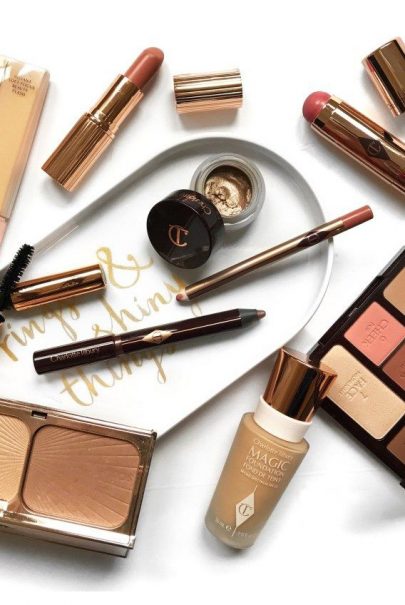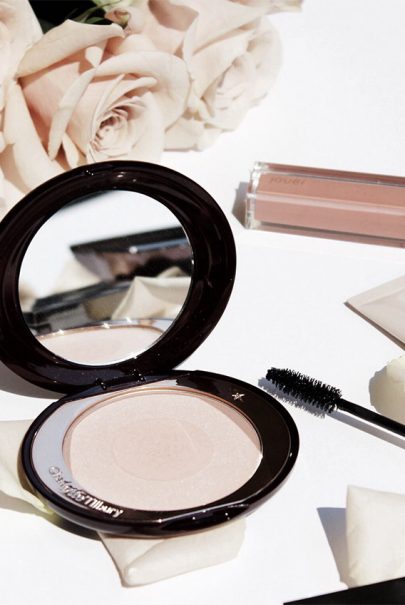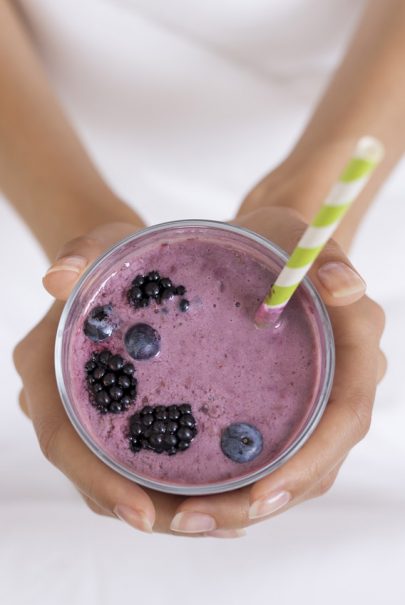We all know that drinking water will keep you hydrated, your skin soft, and is essential to the operation of bodily functions.
In the world that we live in today, clean and healthy drinking water shouldn’t always be taken for granted. While the bottled water industry is vast and continuously expanding, finding out exactly which bottled water to consume can be difficult. Product labeling generated from marketing departments generally have no real science or testing to back up their claims.
If you ask any water brand what the best water to drink is their answer will always be “mine.” So let’s take an objective look at water.
First let’s simplify with five main categories:
- Tap Water
- Mineral Water – Still & Sparkling
- Filtered Water – Still & Sparkling
- Alkaline Water
- Hydrogen Water – Still & Sparkling
Probably the least sexy on the list – tap water is the underappreciated gem devoid of marketing support. In America, tap water is monitored by the EPA which has established protective drinking water standards for more than 90 contaminants. Over 92 percent of the population serviced by community water systems receive drinking water that meets all health-based standards all of the time. But it’s far from perfect.
In Europe and the rest of the world, tap water is even murkier. Europe is the birthplace of bottled water primarily because it became necessary to standardize safety protocols before consumption.
Bottled water also rose in popularity in America for similar reasons. If you standardize what’s in the bottle no matter where you are theoretically the brand you purchase will have some implied standard of purity and consistency.
Large beverage corporations such as Coca Cola have exploited this niche by going to the same municipal water source that feeds you tap water, putting it in a bottle and charging you hundreds of times more for it. Think Aquafina. What a business!
As bottled water has proliferated there are questions about whether it is really safe and pure. In 1999, the NRDC tested 1000 bottles of 103 brands and found that at least one sample of 1/3 of the brands contained bacterial or chemical compounds exceeding state or industry standards.
In fact, “according to a Consumer Reports review of hundreds of pages of inspection records and interviews with regulators in seven states…over the past decade, the FDA has cited companies at least 14 times for failing to meet federal quality standards for bottled water. But in most of those cases, the agency didn’t force a recall of products that might not yet have been consumed. For products that weren’t recalled, bottlers also don’t appear to have informed consumers about test results showing excessive contamination—something that public water supplies have to do for the same sort of violations.” Wow.
That leads us to the question: is bottled water really better than tap water?
Mineral Water
Mineral water includes beneficial minerals either added to purified water or occurring naturally when extracted out of the ground. Considered a healthy alternative containing elements of magnesium (the majority of the population have a magnesium deficiency), calcium, potassium, sodium, iron, zinc, and a handful of others. While most minerals are important, magnesium stands out as to what you should look for in water. Minerals also tend to lower the PH or acidity content of water.
Alkaline Water
A rising favorite in the bottled water space seems to be alkaline water. Brands like Essentia and FLOW claim that water that has a PH between 8 and 9.5. Alkaline water must also contain alkaline minerals and a negative oxidation-reduction potential (ORP). ORP defines the ability of water to act as a pro or antioxidant. The more negative the ORP value, the more anti-oxidizing it is.
So, does it really work? As with most new products, there are people on both sides of the debate. Claims that it can neutralize acid by inactivating human pepsin (the root cause of acid reflux) in your bloodstream were reported in a 2012 study.
However, examples of negative side effects also came to surface including the lowering of natural stomach acidity which helps kill bacteria and expel other undesirable pathogens from entering your bloodstream.
Therefore, oversimplifying water benefits claimed in addition to hydration regarding any functional attributes is not that simple. More research and proven results are needed from the scientific community.
Hydrogen Infused Water
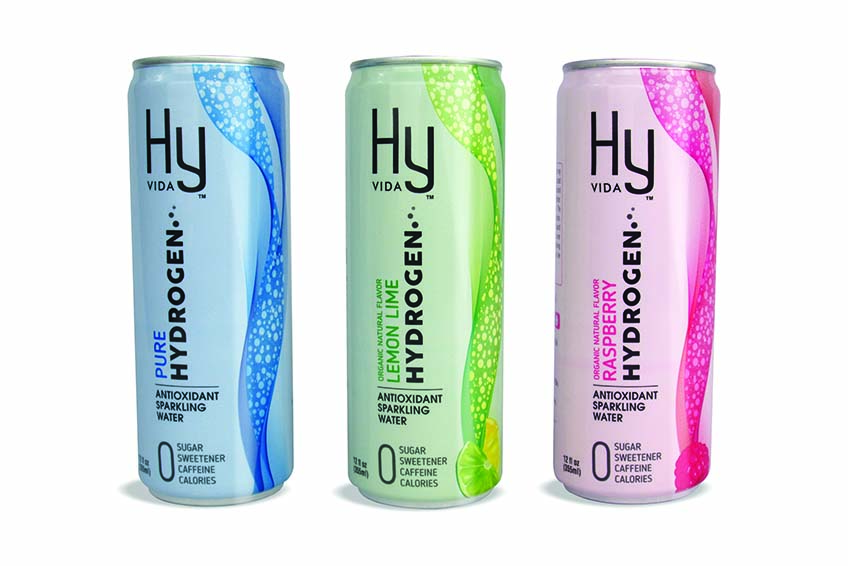
Another relative newcomer in the functional water space is hydrogen infused water. Hydrogen infused water has been embraced in Japan for a few years now, with some reports claiming it is close to ten percent of the bottled water market there. Meanwhile, there are over 1000 research reports available documenting the benefits of hydrogen infused water, sold in grocery stores in both “flat” and sparkling varieties. Hydrogen is natural, approved by the FDA for consumption, highly sustainable, and considered by many healthcare practitioners to be a superior antioxidant. Proponents of this type of infused water claim that it is also useful for reducing inflammation, reducing the risk of metabolic syndrome, providing neuroprotection for various diseases, and reducing side effects associated with cancer radiation treatment. Some products, such as HyVida Sparkling water, also have magnesium in the most bio-available form, so that consumers are getting, at the very least, beneficial attributes of magnesium in every serving. Research, in this case as well, continues to move toward more significant human trials. If anything one thing is certain: “functional” versions of zero-calorie, zero sugar and zero artificial forms of hydration are here to stay!
